Do you have unwanted chips or small cracks on your teeth? In such cases you might feel uncomfortable showing your teeth. With bonding, you can regain your confidence and get rid of the unwanted chips or cracks!
Book your consultation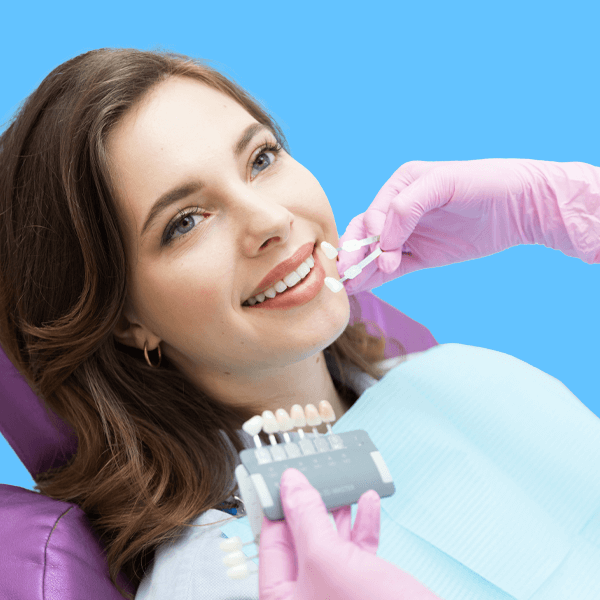
Dental bonding is a process of repairing chipped, cracked, broken teeth. Bonding can bring volume to a missing piece, or change the shape of the tooth with adding volume to it. This procedure can be combined with other cosmetic procedures such as reshaping.
Learn MoreBonding can treat multiple problems and many people are good candidates for it. Here, you can find answers for different complaints.
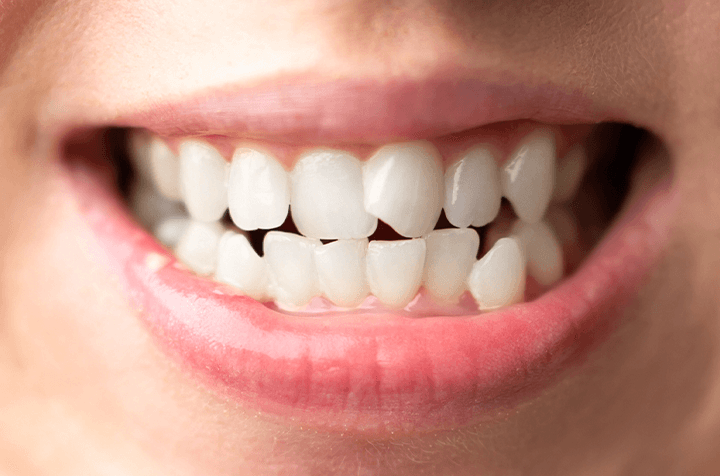
You can have perfectly straight teeth with bonding treatment. The valleys and hills of the tooth can be easily corrected with bonding filling.
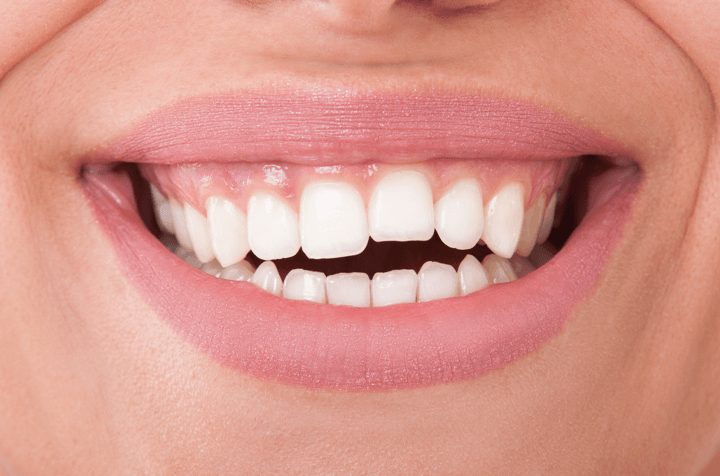
With bonding treatment the small tooth can be made the same length and in harmony with the rest of your teeth easily.
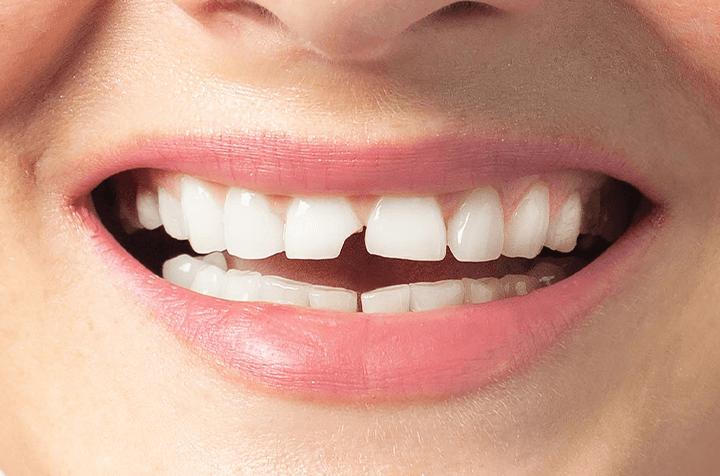
Any chip, crack and irregularity with the tooth length can be easily and professionally corrected with bonding treatment.
At Clineca, we take everything seriously. We understand how important the results are for you. We care about your health and comfort as much as you do. From beginning to end, we inform you, guide you, serve you, and help you.

Surgeries are performed in prestigious fully equipped hospitals in which doctors from all specialties are present.

You will have an online consultation with your surgeon via video chat. After an online examination, and will help you to choose what's the best.

We cooperate with the surgeons who perform a limited number of surgeries each week to ensure the best results.

You can contact our agents 7 days and 24 hours for your questions and concerns, or only support. We'll be fully available for your service.

We provide you with special discounts in luxurious hotels in the vicinity of the hospital. Your comfort is very important to us.

We provide airport transfer and transportation between your hotel and the hospital before/after the surgery via VIP vehicles.

As Clineca, we provide you with patient accompaniment, who will visit you every day in your hotel room during the resting period.
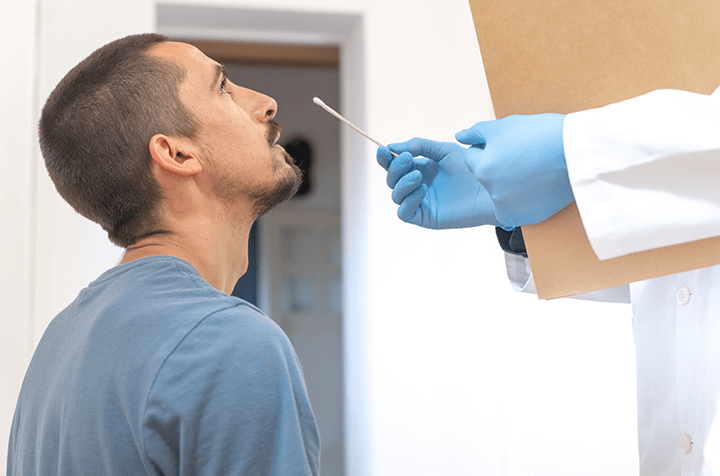
The price includes fees of the surgeon, operating room, hospitalization, tests, medications and medical visits by a nurse.

The price includes hotel layover (including breakfast), and transportation between the airport, the hotel and the hospital.
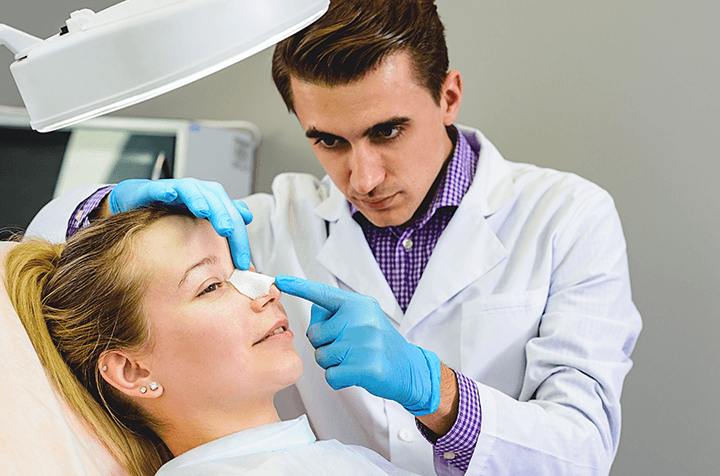
Interpreter service, BBL pillow, neck pillow (rhinoplasty), eye mask, voltage converter and many others that will enhance your satisfaction.

Turkey is a leading player in medical tourism, and Istanbul, which is an extremely beautiful touristic city, is the plastic surgery capital of Turkey.
Clineca has a holistic approach. We believe that everything should be right for a satisfactory cosmetic surgery experience, including your days in Istanbul. We plan every detail of your journey.
After you fill the form, one of our agents will contact you. They will inform you about the whole experience, in detail. If requested, they will arrange an online consultation for you.
You'll have an online consultation with your surgeon via video chat. They will perform an online examination and help you to choose what the best approach to your case is.
We'll plan your whole journey including your surgery date and accommodation. We'll inform you about every need; from preparing your suitcase to advice before the procedure.
Our VIP transportation vehicle will be ready at the airport for you. We’ll drive you to the hospital and they'll get a blood and the C19 test. Then, we'll take you to your hotel.
We’ll take you from your hotel to the hospital. After your examination, the same day you’ll have the surgery. You will stay at the hospital 1-2 day(s), depending on the procedure.
After your stay at the hospital, we'll drive you to your hotel. A wellbeing assistant will visit you every day to inform you, to examine, and to provide medical care during the week.
We'll gladly and proudly show you around our beautiful city. We’ll be very happy to provide you with professional guidance in historical sightseeing, shopping and entertainment.
We’ll take you to 1-week follow-up. After your examination and removal of bandages if required, we’ll inform you about the recovery period. Then, we'll drive you to the airport.
During your recovery, we'll inform you, check on you, and answer your questions 24 hours and 7 days. We'll expect you to send photos periodically to follow your recovery period.

If you want to conceal chips in your teeth, or camouflage discolorations; or if you want the gaps between your teeth to be gone or change the shape of your teeth, you can have a bonding procedure to do all of that.
Learn MoreThe outcomes of bonding can be analyzed in three main categories: aesthetical, health-related, and psychological.
With the cracks, chips and irregularities or discolorations gone, you will have a more aesthetic smile.
The chips on teeth can lead to tooth decay because they are ideal locations for bacterial growth and harder for toothbrushes to reach, with bonding smoother surface will prevent bacterial growth and ease cleaning with toothbrush.
After bonding treatment, you’ll get rid of your insecurities and will be much more confident and happy with your smile.

Dental bonding is a process of repairing chipped, cracked, broken teeth. Bonding can bring volume to a missing piece, or change the shape of the tooth by adding volume to it.

First your dentist will take X-rays of your teeth to examine your teeth and gums and make sure your eligibility for the procedure. Only after you’ve been found eligible for bonding, the procedure will take place where a color-matched resin will be applied to create the desired shape of a tooth.
Before the application of a color-matched (to your teeth) resin, the dentist will etch the tooth surface to make the resin adhere better to the tooth. This process can be done after numbing the area with local anesthetics in order to prevent any discomfort caused by etching the tooth. The dentist can coat the teeth with an additional conditioning liquid which will further help with the adherence of the resin to the teeth. After the application of the resin, they will shape it to a natural shape, and using a light the resin will be hardened. After the hardening, the tooth will be polished to a natural looking shine. The bonding procedure can take up to an hour; and if more teeth will be treated several appointments may be needed.
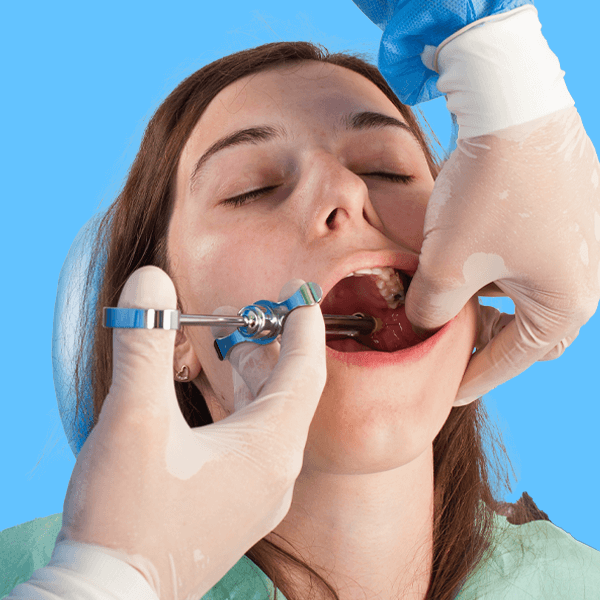
Bonding is a low risk and low complications procedure. Possible complications can include:
In the first week after the dental bonding procedure, it is important to avoid eating or drinking anything that could stain the bonding material. This includes foods and beverages that are very dark in color, such as coffee, tea, red wine, and berries. It is also important to avoid biting or chewing on hard or sticky foods, as this could damage the bonding material or cause it to come loose.
After the first week, it is generally safe to eat and drink whatever you like, as long as you brush and floss your teeth regularly to keep the bonding material clean and free of plaque. It is also important to avoid biting or chewing on hard or sticky foods, as this could still damage the bonding material.
After meeting with your dentist at their office during your consultation you express your expectations and the dentist checks the condition of your teeth. They will inform you about their professional opinion while taking your expectations and the condition of your teeth into consideration. Then, photos of your teeth will be taken for a 3D simulation. The size, model and color can be decided by you, and you can even choose the color from the tooth color chart. After deciding, on the first operation day teeth will be scraped and if there is a need for an extraction it will also take place on the first day. Temporary veneers will be put on and your dentist will prescribe you with painkillers and antibiotics. You will stay at the hotel for about 4-5 days. During your stay you will be visited by a wellbeing specialist, and if you’re having any problems your dentist will be contacted. After these 4-5 days, your permanent veneer will be applied and it will be all done.

If you are planning to undergo dental bonding, there are a few things you can do to prepare for the procedure and ensure the best possible results. Some important steps to take before the bonding include:
After the dental bonding procedure, you need to keep good oral hygiene to keep your mouth healthy.
Brushing twice and flossing once a day and biannual dentist visits for check-ups and cleaning is recommended. There is no special care needed. However, the material used can chip so avoiding hard foods and biting your nails or opening packages with your teeth is advised. If there are any sharp edges to the bonded tooth, schedule an appointment with your dentist.
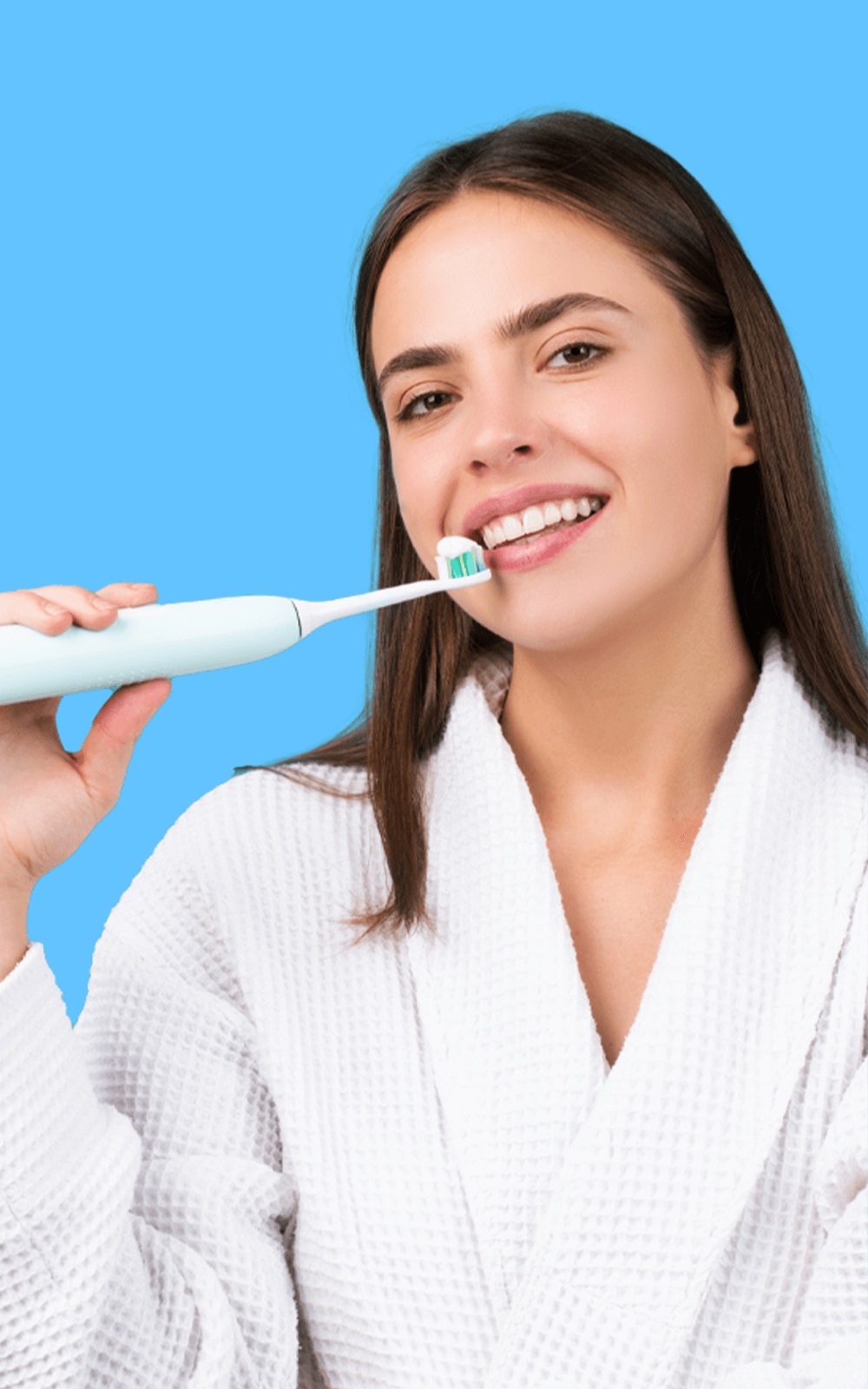
Here you can find answers to frequently asked questions about bonding.
Bonding can treat multiple problems and many people are good candidates for it. Here, you can find answers for different complaints.